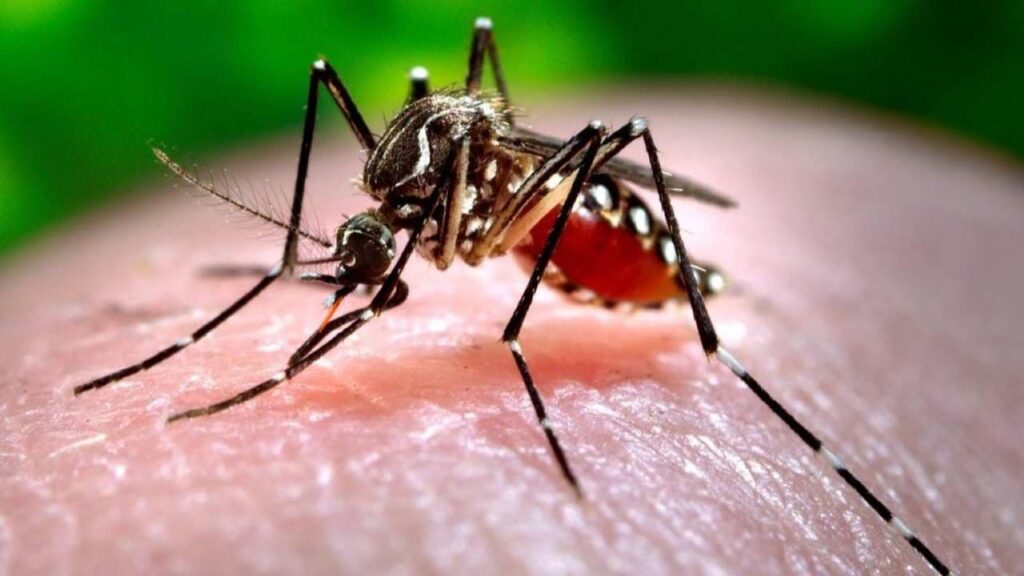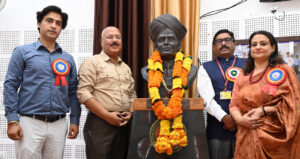SRINAGAR, AUGUST 29: Jammu and Kashmir is witnessing a significant rise in dengue cases this year, with 97 cases confirmed so far. Medical experts have urged the public to take precautionary steps to curb the spread of this mosquito-borne disease.
State Malariologist Dr. D. J. Raina said in an interview that while the number of cases is increasing, the situation remains under control. He emphasized the importance of public awareness and proactive prevention, as no vaccine is available for dengue fever.
“We are implementing measures to minimize the spread of the disease, but public participation in prevention efforts is crucial. People should not panic but remain vigilant,” Dr. Raina stated.
Health professionals have advised the public to use mosquito repellents, wear protective clothing like long-sleeved shirts, and eliminate stagnant water in and around homes, schools, and workplaces, as mosquitoes that spread dengue breed in such conditions, particularly during the monsoon season.
ALSO READ: Three Terrorists Believed to have been Killed in Twin Operations Along LoC in JK’s Kupwara
“The best way to prevent dengue is to eliminate breeding grounds for mosquitoes. This can be done by getting rid of stagnant water, which serves as the primary breeding site for the mosquitoes that spread dengue fever,” doctors said.
They added that the mosquitoes responsible for spreading dengue are mostly active during the day. To reduce the risk of bites, people should cover as much of their skin as possible, sleep under mosquito nets, and use insect repellents on the nets.
Medical professionals also warned the public about the common symptoms of dengue, which include high fever, severe headache, pain behind the eyes, joint and muscle pain, rash, nausea, and vomiting. In severe cases, people may experience abdominal pain, vomiting blood, bleeding from the nose or gums, or fatigue.
“Anyone experiencing these severe symptoms should seek immediate medical attention,” the advisory noted. It also emphasized that dengue-carrying mosquitoes are most active at dawn and dusk, so individuals should wear protective clothing and use repellents during these times.
Last year, Jammu & Kashmir saw approximately 6,403 cases of dengue. The year 2022 marked a record high, with 8,269 cases and 18 fatalities. The rising trend has led authorities and health experts to stress the urgency of preventive measures to avoid another spike in cases.
“We are optimistic that if the public follows the necessary precautions, we can keep the spread under control this year,” Dr. Raina concluded.







